Column
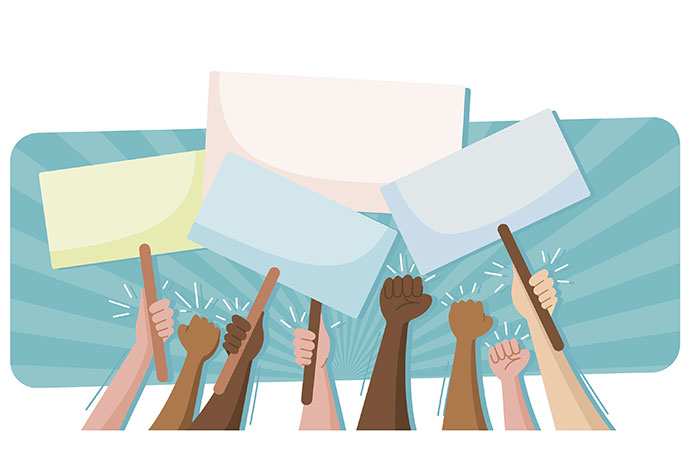
Freepik
Even after more than five decades of independence, Bangladesh remains on a perilous journey towards establishing robust national institutions and achieving meaningful democracy. Despite its remarkable progress in certain areas, fundamental questions about justice, governance and political integrity continue to overshadow the nation's development story. The paradox of being "so close, yet so far" aptly encapsulates the aspirations and struggles of its people.
When Bangladesh gained independence in 1971, it faced monumental challenges, including rebuilding a war-torn economy and laying the foundation for a democratic system. Initially, the 1972 Constitution envisioned a parliamentary democracy, with Sheikh Mujibur Rahman serving as the first Prime Minister. But political instability and economic challenges soon triggered changes in governance.
In 1975, through the Fourth Amendment to the Constitution, Bangladesh adopted a one-party system under the Bangladesh Krishak Sramik Awami League (BAKSAL). This move marked a departure from democracy and centralised power under Sheikh Mujibur Rahman as President. The experiment was short-lived, ending abruptly with his assassination in August 1975, which plunged the country into a series of military coups.
Governance through Turbulence
Between 1975 and 1991, Bangladesh experienced a period marked by alternating phases of military rule and limited democratic governance. After the assassination of Sheikh Mujibur Rahman, on 15 August 1975, Bangladesh plunged into political chaos and military turbulence. Amid this turmoil, Ziaur Rahman, a prominent and popular General, emerged as a central figure in Bangladesh's political landscape. During his time in power, Ziaur Rahman founded the Bangladesh Nationalist Party (BNP), which grew into one of the country's largest political forces.
One of his most significant steps was the restoration of multi-party democracy. Following years of one-party rule, his leadership re-established a pluralistic political framework, enabling various parties to participate in the democratic process. However, this shift also opened the door for religion-based political parties, which had been banned in 1972 after Bangladesh's independence. His supporters viewed this as a pragmatic move to diversify political representation, while critics argued that it undermined the secular foundation of the state. Ziaur Rahman's era remains a subject of intense debate, with his legacy influencing Bangladesh's political discourse to this day.
But General Hussain Muhammad Ershad's transition from military dictator to civilian president, further complicated the democratic process as he failed to garner public support. It was only after a popular movement in 1991 that the country restored parliamentary democracy through the 12th Amendment.
The introduction of the non-partisan caretaker government system in 1996 marked a significant milestone. This system ensured fair and free elections, establishing a semblance of political balance and stability. However, its abolition in 2011 by the Awami League-led government reignited controversies over electoral integrity, leaving many questioning the sustainability of democratic governance.
Persistent Challenges
Despite periods of stability, governance in Bangladesh has been marred by corruption, inefficiency and politicisation of institutions. The government's so-called zero tolerance policy against corruption has not yielded the desired outcomes. Ordinary citizens often face bureaucratic hurdles, from paying bribes for basic services to navigating a judicial system fraught with delays and inconsistencies.
Moreover, the use of politics as a means of personal enrichment has allowed opportunists to infiltrate major parties. These people exploited their positions for tender manipulation, corruption and other illicit activities, tarnishing the image of political leadership.
Globally, democracy is regarded as the most justifiable form of governance. It ensures accountability, fosters better decision-making, and reflects the diverse aspirations of its electorate. Bangladesh's journey, however, has been fraught with obstacles. Political parties often prioritise power over public service, with grassroots leaders misusing their influence for personal gains.
Economic Progress amid Political Struggles
While political instability persists, Bangladesh has made noteworthy strides in economic development. It has emerged as a leader in the ready-made garment industry, achieved significant improvements in healthcare and education, and lifted millions out of poverty. These accomplishments, however, often contrast starkly with the inefficiencies in governance.
The lack of institutional integrity undermines long-term progress. National institutions, such as the judiciary and law enforcement, struggle to deliver equal justice and services. Political interference and corruption further erode public trust, making it difficult to implement reforms effectively.
For Bangladesh to achieve its democratic and developmental goals, it is crucial to strengthen institutions like the judiciary, law enforcement and bureaucracy, ensuring they function independently and transparently without political interference. Combating corruption is equally important, requiring strict anti-corruption measures and effective enforcement to restore public trust and improve governance. Empowering civil society and promoting active citizen participation in governance can also foster a culture of accountability and contribute to the nation's progress.
Unfulfilled Dream
Bangladesh's quest for democracy and development remains a work in progress. While the country has made significant strides in certain areas, the persistent challenges of corruption, institutional weakness and political opportunism continue to hold it back.
Since the July-August revolution that toppled the Sheikh Hasina regime, the people of the country are hopeful that their long-cherished dream of economic emancipation is finally within reach. While expectations are high, the challenges ahead appear to be monumental.
The dream of a truly democratic and prosperous Bangladesh is within reach, but it requires unwavering commitment from both its leaders and citizens to overcome the hurdles along the way. The journey may be bumpy, but the destination is worth striving for.






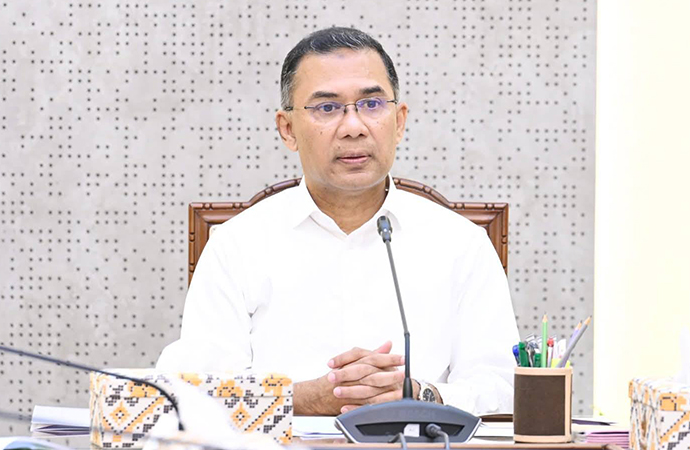
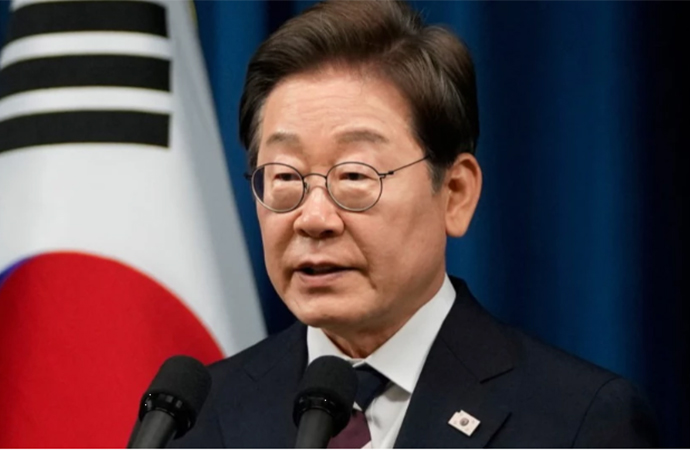
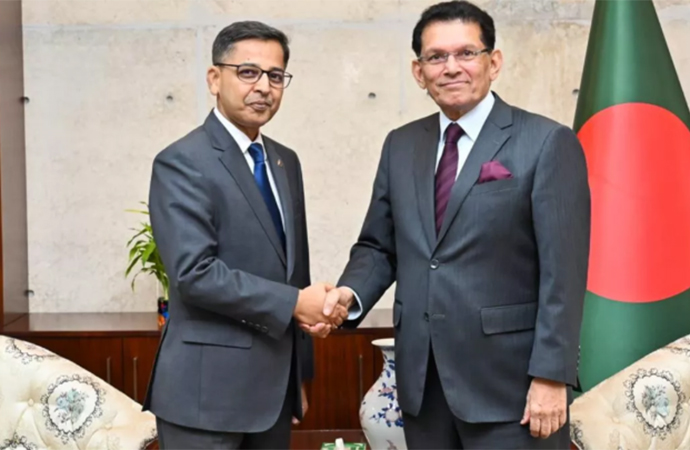
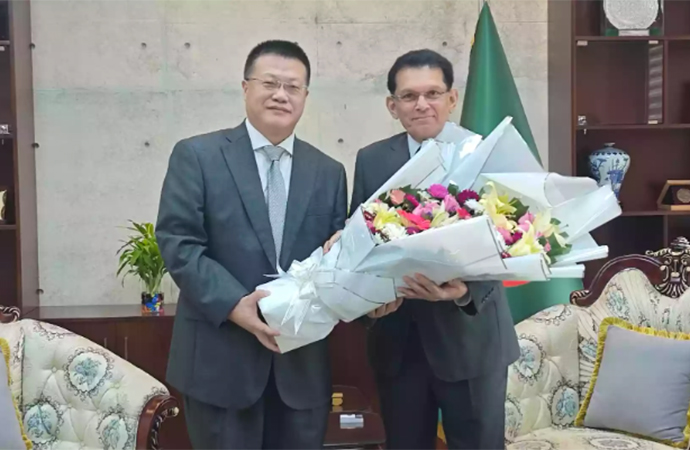
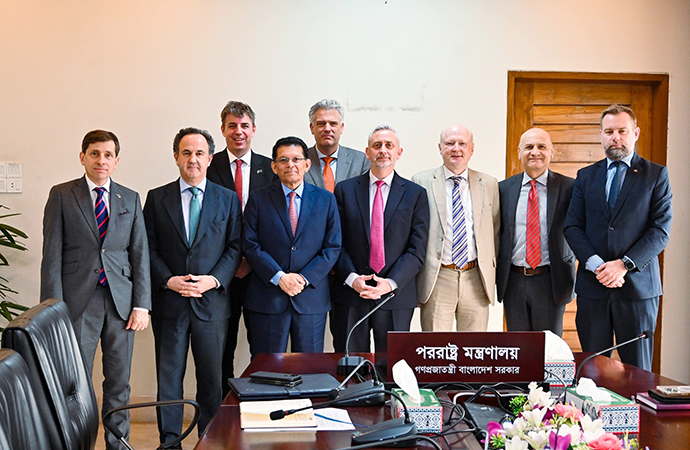
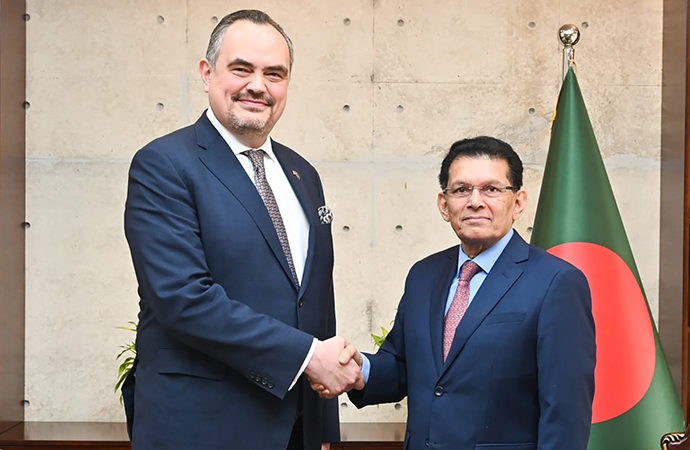

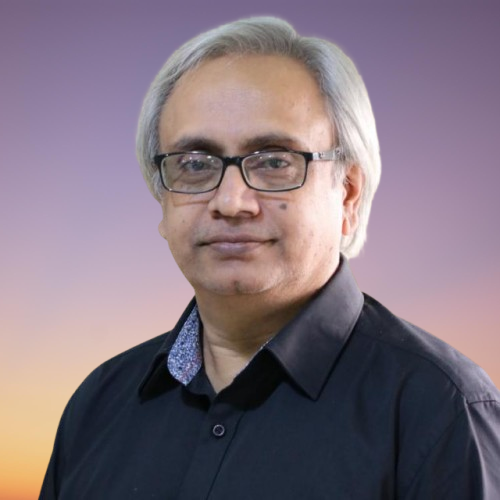





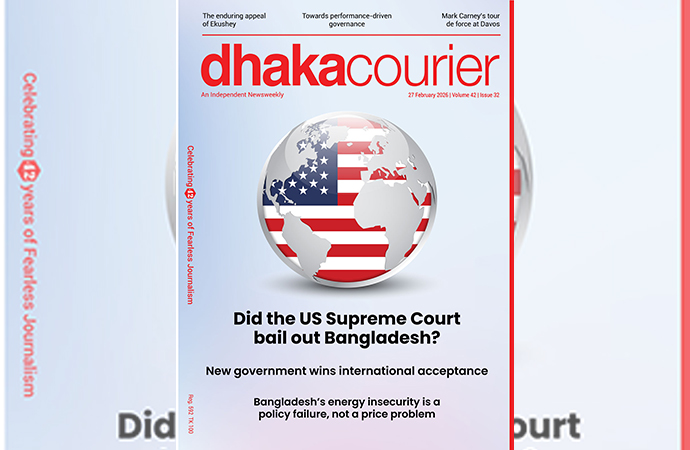





Leave a Comment
Recent Posts
Bangladesh’s first drought-res ...
In a groundbreaking development for Bangladesh’s agriculture, Ga ...
US and Iran hold another round ...
Iran and the United States were holding another round of indirect talk ...
An early hiccup for the new government?
Japan invites PM Tarique, eyes cooperation with Bang ..
Bangladesh to achieve sustained growth, prosperity u ..
Dhaka indicates ‘forward looking, balanced partnersh ..